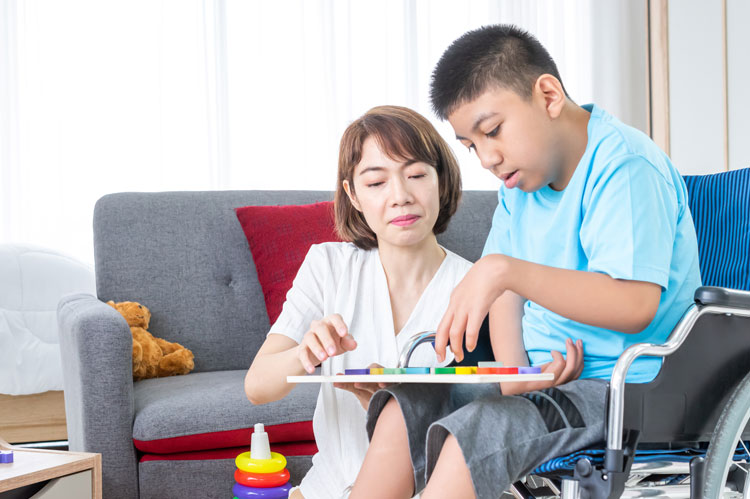
Ashleigh Fox, Transforming Care Director of Catalyst Care Group, shares her insights on her journey into care with us.
Care has always been a part of who I am.
Growing up in Zimbabwe, care wasn’t something only professionals did – it was the responsibility of the entire community. Where I grew up, if someone was unwell or struggling, everyone came together to support them. There was no hesitation, no questioning of roles. We all played our part, and I’m really fortunate that the sense of unity and collective care shaped the way I see the world.
In Zimbabwe, care isn’t confined to clinical environments or structured systems. It is deeply personal, relational, and woven into daily life. That deep-rooted sense of compassion, along with the African philosophy of Ubuntu – “I am because we are” – instilled a personal belief that our humanity is reflected in how we treat and support one another. My early experiences fostered a lifelong passion for helping others feel seen, valued, and cared for.
After moving to the UK in 2000, the opportunity arose to work as a volunteer for a charity in Bristol, supporting autistic people and people with a learning disability. Helping them navigate the complexities of the care system was both challenging and rewarding, but it became clear how often these individuals were overlooked or dismissed. Their voices weren’t always heard, and their choices often went unrecognised.
This led to the decision to train as a Learning Disability (LD) nurse, a step that formalised my role in care. But the lessons from childhood remained at the forefront. It was easy to see a gap between what care should be and what it often became. I could see that far too many people received transactional care, focused on managing conditions rather than supporting well-being.
Keeping people safe and stable isn’t enough.
That belief was one of the key drivers behind our ethos at Catalyst Care Group. Our mission has always been to bring people back home – not just in a physical sense, but also emotionally and spiritually. Our aim is to ensure that those supported have the opportunity to live within their communities, surrounded by family, friends, and opportunities.
One of my most memorable experiences with Catalyst involved helping a woman named Lisa*, who had been in a hospital setting for over 25 years. Disconnected from her passions and isolated from her community, she had lost touch with many of the things she loved. But after moving back into her own space, Lisa rediscovered her passion for gardening. Hours were spent tending to her plants, and that small act of nurturing something outside herself became transformative. She wasn’t merely surviving anymore – she was living again.
That’s the heart of our work at Catalyst: helping people find their joy, their purpose, and their place in the world. We focus on individualised care, always asking questions like, “What does this person need to feel at home, to feel whole?” Care isn’t a one-size-fits-all solution. It’s about understanding each person’s unique story and tailoring support to meet their specific needs.
Along this journey, I’ve also learned that care leadership requires humility. It’s not about having all the answers; it’s about listening – truly listening -to the people we support and their families. It’s about collaboration and recognising that those we care for are experts in their own lives.
Our role is not to be their voice, but to be their microphone.
My journey into care wasn’t just shaped by my training as a nurse or the experiences I’ve had along the way – it was shaped by the values I grew up with in Zimbabwe. The belief that we are all connected, that we are responsible for one another, and that true care comes from the heart.